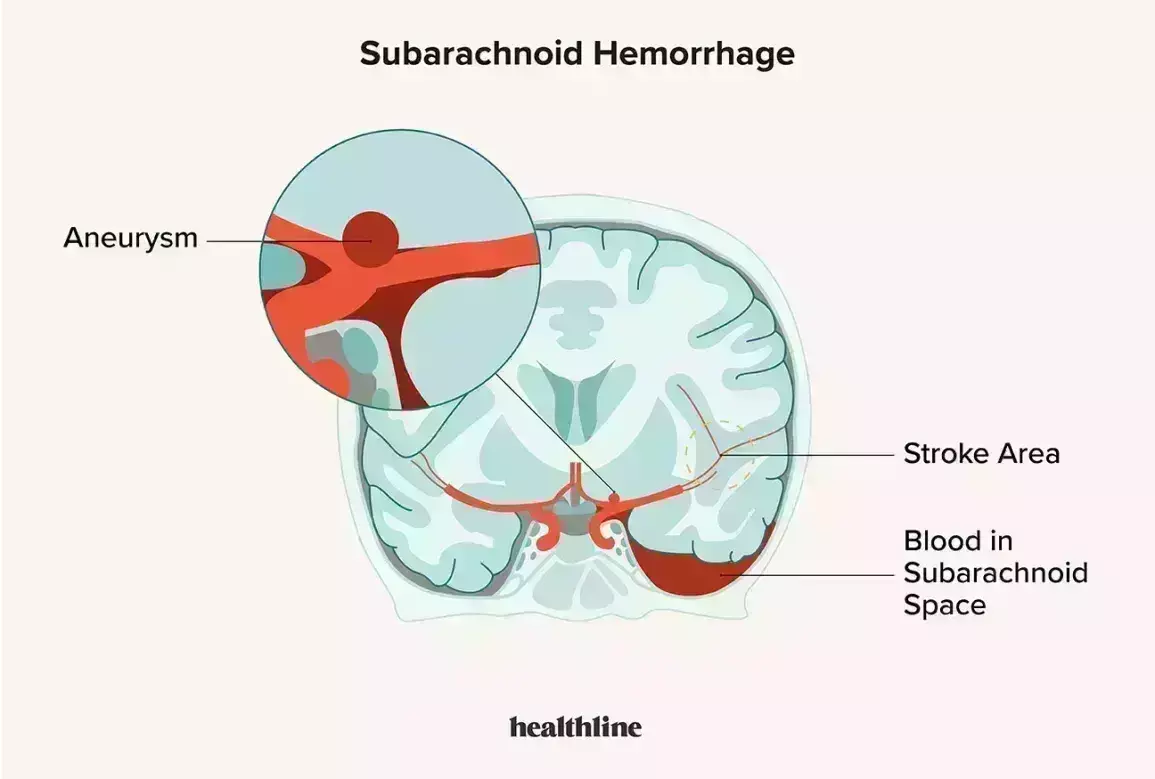- Home
- Medical news & Guidelines
- Anesthesiology
- Cardiology and CTVS
- Critical Care
- Dentistry
- Dermatology
- Diabetes and Endocrinology
- ENT
- Gastroenterology
- Medicine
- Nephrology
- Neurology
- Obstretics-Gynaecology
- Oncology
- Ophthalmology
- Orthopaedics
- Pediatrics-Neonatology
- Psychiatry
- Pulmonology
- Radiology
- Surgery
- Urology
- Laboratory Medicine
- Diet
- Nursing
- Paramedical
- Physiotherapy
- Health news
- Fact Check
- Bone Health Fact Check
- Brain Health Fact Check
- Cancer Related Fact Check
- Child Care Fact Check
- Dental and oral health fact check
- Diabetes and metabolic health fact check
- Diet and Nutrition Fact Check
- Eye and ENT Care Fact Check
- Fitness fact check
- Gut health fact check
- Heart health fact check
- Kidney health fact check
- Medical education fact check
- Men's health fact check
- Respiratory fact check
- Skin and hair care fact check
- Vaccine and Immunization fact check
- Women's health fact check
- AYUSH
- State News
- Andaman and Nicobar Islands
- Andhra Pradesh
- Arunachal Pradesh
- Assam
- Bihar
- Chandigarh
- Chattisgarh
- Dadra and Nagar Haveli
- Daman and Diu
- Delhi
- Goa
- Gujarat
- Haryana
- Himachal Pradesh
- Jammu & Kashmir
- Jharkhand
- Karnataka
- Kerala
- Ladakh
- Lakshadweep
- Madhya Pradesh
- Maharashtra
- Manipur
- Meghalaya
- Mizoram
- Nagaland
- Odisha
- Puducherry
- Punjab
- Rajasthan
- Sikkim
- Tamil Nadu
- Telangana
- Tripura
- Uttar Pradesh
- Uttrakhand
- West Bengal
- Medical Education
- Industry
Hyperglycemia at admission independently linked to mortality in aneurysmal subarachnoid haemorrhage

Elevated blood glucose is not only linked to diabetes but is associated with increased morbidity and mortality in number of diseases.
According to a new study, among patients with aneurysmal subarachnoid haemorrhage, hyperglycemia at admission was independently associated with increased mortality.
The study has been published in the Journal of Clinical Neuroscience.
Elevated blood glucose is frequently detected early after aneurysmal subarachnoid haemorrhage (aSAH). The researchers aimed to investigate whether hyperglycemia at admission is associated with mortality in patients with aneurysmal subarachnoid haemorrhage.
In a multicenter observational study of patients with aneurysmal subarachnoid haemorrhage, we defined normal glycemia, mild hyperglycemia, moderate hyperglycemia, and severe hyperglycemia as a blood glucose of 4.00-6.09 mmol/L, 6.10-7.80 mmol/L, 7.81-10.00 mmol/L, and > 10.00 mmol/L, respectively. They performed propensity score matching to obtain the adjusted odds ratios (OR) with 95 % confidence intervals (CI).
The results of the study are:
- Of 6771 patients with aneurysmal subarachnoid haemorrhage, 511(7.5 %) had died in hospital, and hyperglycemia at admission was observed in 4804 (70.9 %).
- Propensity scores matching analyses indicated that compared with normal glycemia, the odds of in-hospital mortality were slightly lower in patients with mild hyperglycemia, significantly higher in patients with moderate hyperglycemia, and in patients with severe hyperglycemia
- Long-term survival was worse among patients with hyperglycemia and was proportional to its severity.
- Similar dose-response associations were evident for poor functional outcomes and major disability.
- Hyperglycemia was associated with an increased risk of hospital-acquired infections and rebleeding
Thus, among aneurysmal subarachnoid haemorrhage patients, hyperglycemia at admission was independently associated with increased mortality. Both moderate hyperglycemia and severe hyperglycemia were associated with an increased risk of mortality, but these associations were not seen in mild hyperglycemia.
Reference:
Jia, Lu, et al. "Association Between Hyperglycemia at Admission and Mortality in Aneurysmal Subarachnoid Hemorrhage." Journal of Clinical Neuroscience: Official Journal of the Neurosurgical Society of Australasia, vol. 103, 2022, pp. 172-179.
Dr. Shravani Dali has completed her BDS from Pravara institute of medical sciences, loni. Following which she extensively worked in the healthcare sector for 2+ years. She has been actively involved in writing blogs in field of health and wellness. Currently she is pursuing her Masters of public health-health administration from Tata institute of social sciences. She can be contacted at editorial@medicaldialogues.in.
Dr Kamal Kant Kohli-MBBS, DTCD- a chest specialist with more than 30 years of practice and a flair for writing clinical articles, Dr Kamal Kant Kohli joined Medical Dialogues as a Chief Editor of Medical News. Besides writing articles, as an editor, he proofreads and verifies all the medical content published on Medical Dialogues including those coming from journals, studies,medical conferences,guidelines etc. Email: drkohli@medicaldialogues.in. Contact no. 011-43720751


